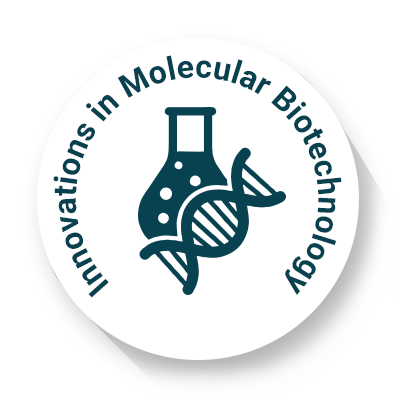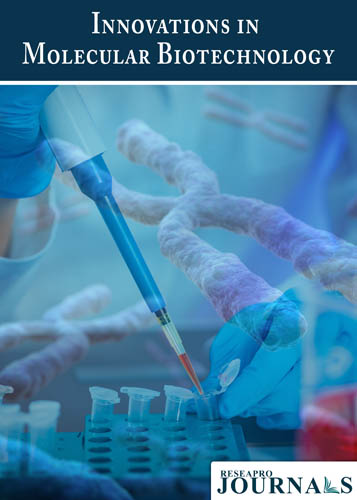
Innovations in Molecular Biotechnology
OPEN ACCESS

OPEN ACCESS

Gene editing tools like CRISPR-Cas9 have become ground-breaking resources in the fields of genetic research and biotechnology. In this discussion, we will examine the core mechanisms of CRISPR, emphasizing its extraordinary capability to accurately target and alter particular DNA sequences through the Cas9 protein. When juxtaposed with earlier gene-editing techniques, the straightforwardness and effectiveness of CRISPR have opened up numerous opportunities across various areas, including healthcare, agriculture, and biotechnology. In medicine, CRISPR presents significant potential for addressing genetic disorders such as sickle cell anemia, cystic fibrosis, and Duchenne muscular dystrophy. By enabling direct correction of the fundamental genetic mutations, CRISPR could transform the methods used to tackle these diseases. Additionally, researchers are investigating its applications in cancer therapy and regenerative medicine, which may lead to substantial advancements in cancer treatment and tissue healing approaches. Similarly, CRISPR's influence in biotechnology is noteworthy. It provides innovative avenues for improving crops, livestock, and microbial organisms, allowing for the development of genetically modified entities exhibiting favorable characteristics such as resistance to diseases, increased productivity, and adaptability to environmental changes. CRISPR presents significant ethical dilemmas, particularly in editing human germlines and creating genetically modified embryos, as its long-term implications and potential unintended consequences demand careful consideration.